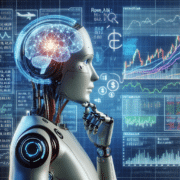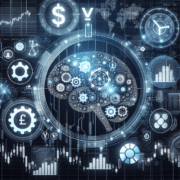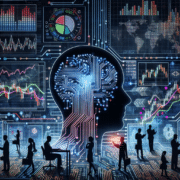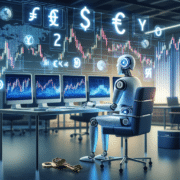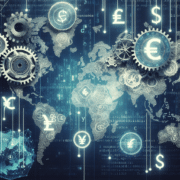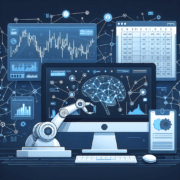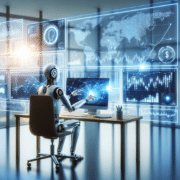Revolutionizing the Sports Industry: How Blockchain Tokens are Changing the Game
Revolutionizing the Sports Industry: How Blockchain Tokens are Changing the Game
Blockchain technology has been making waves in various industries, and the sports industry is no exception. With the rise of blockchain tokens, sports teams and organizations are finding new ways to engage with fans, enhance revenue streams, and streamline operations. In this article, we will explore how blockchain tokens are revolutionizing the sports industry.
Increased Fan Engagement
- Blockchain tokens allow sports teams to create unique fan experiences.
- Fans can purchase tokens that give them exclusive access to team events, memorabilia, and even voting rights.
- These tokens can also be used to incentivize fan engagement on social media platforms, fostering a sense of community among supporters.
Enhanced Revenue Streams
- Sports organizations can generate revenue by offering blockchain tokens as digital collectibles.
- Fans can buy, sell, and trade these tokens on online marketplaces, creating a new revenue stream for teams.
- Additionally, teams can launch tokenized crowdfunding campaigns to raise funds for new projects or initiatives.
Improved Ticketing and Merchandise Sales
- Blockchain tokens can be used to facilitate ticket sales, ensuring secure transactions and minimizing fraud.
- Fans can also use tokens to purchase merchandise from their favorite teams, with the added benefit of proven authenticity.
- These tokens can be stored in digital wallets, making it easy for fans to access and use them.
Streamlined Operations
- Blockchain tokens can streamline various operational processes within sports organizations.
- Smart contracts can automate tasks such as player contracts, sponsorship deals, and revenue sharing agreements.
- This reduces the need for intermediaries and simplifies the negotiation and execution of agreements.
Future Outlook
The use of blockchain tokens in the sports industry is still in its early stages, but the potential for growth and innovation is significant. As more teams and organizations embrace this technology, we can expect to see even more creative uses and benefits emerge in the coming years.
Conclusion
In conclusion, blockchain tokens are changing the game for the sports industry. From increased fan engagement to enhanced revenue streams and streamlined operations, the benefits of this technology are clear. As sports organizations continue to explore new ways to leverage blockchain tokens, the future of the industry looks brighter than ever.



